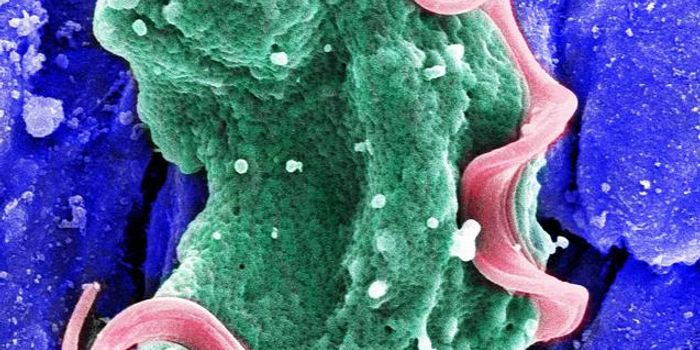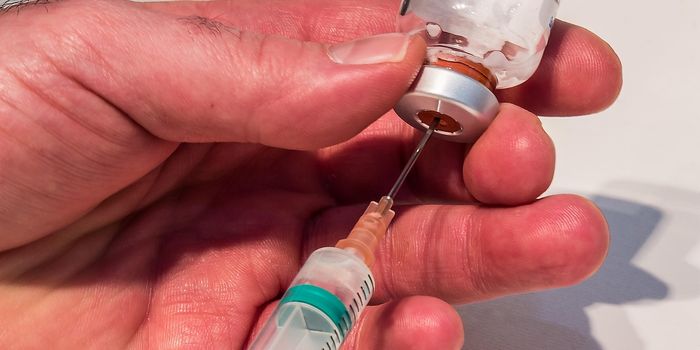New Vaccine Reduces Cancer Growth
The concept of vaccines first emerged in the 18th century when Dr. Edward Jenner purposely gave a young boy cowpox. Jenner, subsequently, exposed the boy to smallpox. Interestingly, the boy did not contract smallpox. Even after multiple exposures to smallpox, the young boy never got sick. Later scientists realized that the two diseases were caused by the same virus, but cowpox was much safer. This was a groundbreaking discovery and laid the foundation for vaccine medicine. Consequently, in 1980 the World Health Organization (WHO) declared smallpox eradicated.
Since the advent of vaccines, scientists have development treatments for various diseases. Now each year, the National Institutes of Health (NIH) develops a vaccine against influenza. This annual vaccination we all get at our doctor’s office is a form of preventative medicine. The vaccine exposes our healthy bodies with the attenuated virus or disease and allows our immune system to build a response. As a result, the next time our bodies are exposed to the virus, our immune system’s will quickly recognize and eliminate the infection. However, some vaccines are being developed to treat active infections that patient’s have already contracted. The concept behind a “curative” vaccine is to boost the immune response that has already emerged to fight the initial infection.
Many cancer vaccines are “curative” with the goal to shrink or eradicate the tumor. Unfortunately, the efficacy of vaccines is limited due to the progression of tumor growth and the mechanisms that the tumor employs to suppress immunity. Scientists are currently working to enhance the therapeutic benefit of cancer vaccines and specify them to markers expressed by tumors.
A recent article in the Journal for ImmunoTherapy of Cancer (JITC), by Dr. Dan Barouch and others, demonstrated a new cancer vaccine that expands immune cells and reduces tumor growth. Barouch is the Williams Bosworth Castle Professor of Medicine and Professor of Immunology at Harvard Medical School. He is also the Director of the Center for Virology and Vaccine Research at Beth Israel Deaconess Medical Center. His work focuses on the immunology and pathogenesis of viruses and the development of novel vaccine therapeutic treatment strategies.
Barouch and his group identified neoantigens or specific cancer proteins to target with this novel vaccine. Vaccine structures are capsules that contain proteins that elicit an immune response. The structure that Barouch and others used is known to induce strong immune cell activation, specifically T cells. T cells are responsible for recognizing and targeting infections. Therefore, many scientists and physicians use T cell activation as a measure of successful treatment.
The team used various cancer models to test the new vaccine with specific neoantigens for each cancer. They also used computational analysis to identify differences in immune response after treatment. Researchers noted that a single vaccination induced significant T cell activation and provided robust antitumor protection when mice that were injected again with the same tumor. These findings demonstrated the superiority of the tested cancer vaccine with maximum immune response efficacy. As a result, the tumor significantly decreased and led to expanded T cell generation. Barouch and others demonstrated that not only do T cells need to become activated, but also need to expand to influence tumor growth. Their work provides critical knowledge that has the potential to enhance current cancer vaccines and improve patient survival.








